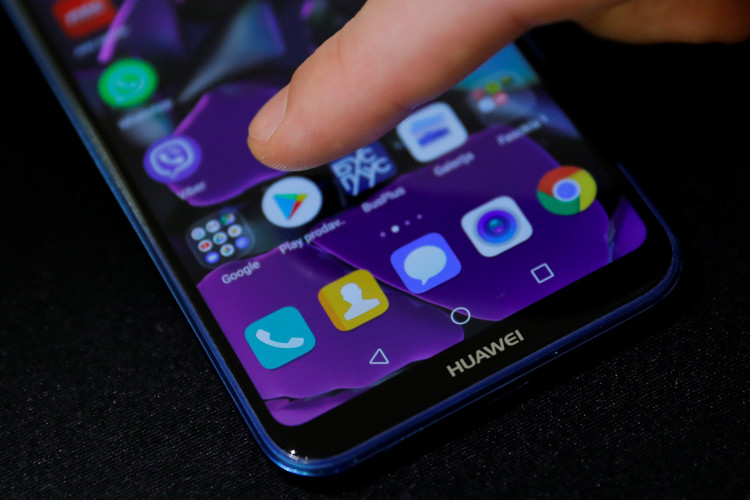Over the weekend, the digital landscape appeared to be very uncertain for Huawei after the US government issued a blacklist order. The directive prevented the search engine giant Google and several other US firms from engaging business with the Chinese tech titan. It meant that although smartphones, tablets, and other Huawei mobile devices are still part of the AOSP or Android Open Source Project, these devices are no longer going to receive security and software updates. Additionally, access to official Google apps like YouTube Gmail, Play Store and others will no longer be allowed.
But Huawei users can have now heaved a sigh of relief as the US Commerce Department scaled back the belligerence of its latest blacklist order. In a recent update from Reuters, the Chinese tech giant was recently given a temporary license to go on with its business with several firms based in the US. The temporary license enables Huawei to keep its current networks and roll out security and software updates to all Android devices until August of this year. As soon as the temporary license expires, the blacklist order will take effect unless a new agreement is introduced.
Following the issuance of the blacklist order, Huawei released a statement concerning the Android licensing sanction. According to the Chinese tech giant, it will endeavor to develop a sustainable ecosystem of software for its users. This unsurprisingly opened room for speculations that Huawei might be developing an operating system for its smartphones that will soon replace the Android OS. Several tech sites earlier reported that the operating system might be called HongMeng OS, a much different moniker compared to the previously rumored Kirin OS.
The Shenzhen-based tech giant is yet to issue a statement following the lifting of the blacklist order by the US Commerce Department. Users are also waiting for the company's future plans should the temporary license expire and the old blacklist order takes effect. Aside from mobile devices users, several small regional networks that depend on the infrastructure of the Chinese tech titan are also happy about the 90-day temporary license. After the announcement, several rural areas in Oregon and Wyoming were affected.
Over the years, Huawei has boldly upped its position in the mobile industry. As a result, it served as a leading competitor that keeps other companies competitive and creative to launch great products. Huawei Technologies Co. Ltd. is a global company based in Shenzhen, China. It was founded by Ren Zhengfei in 1987.






